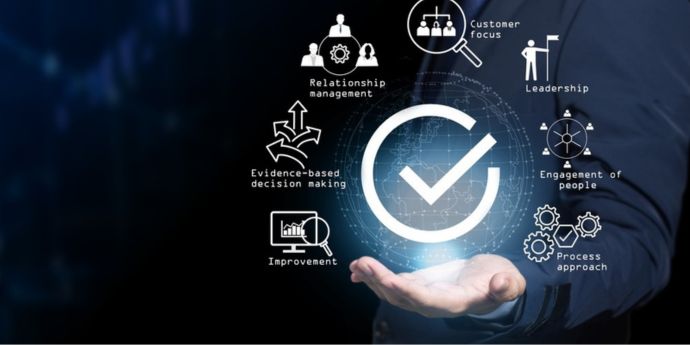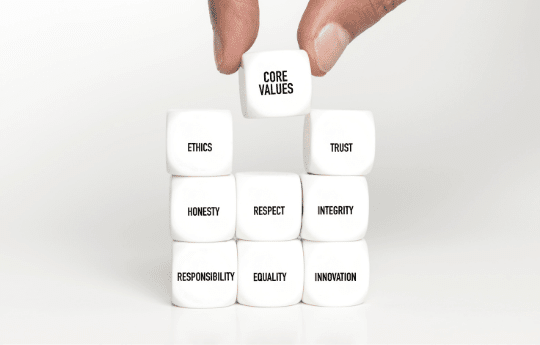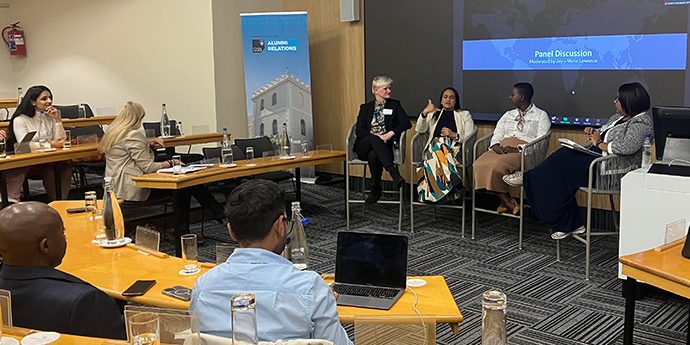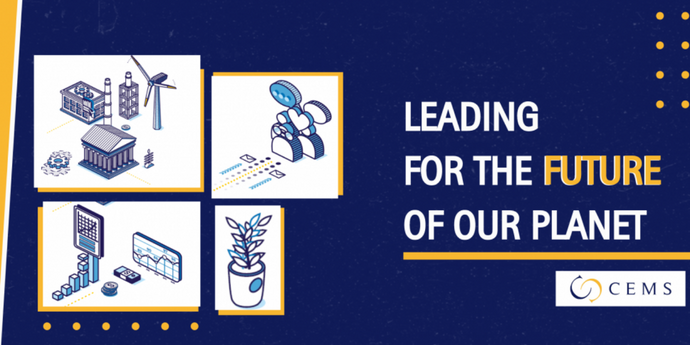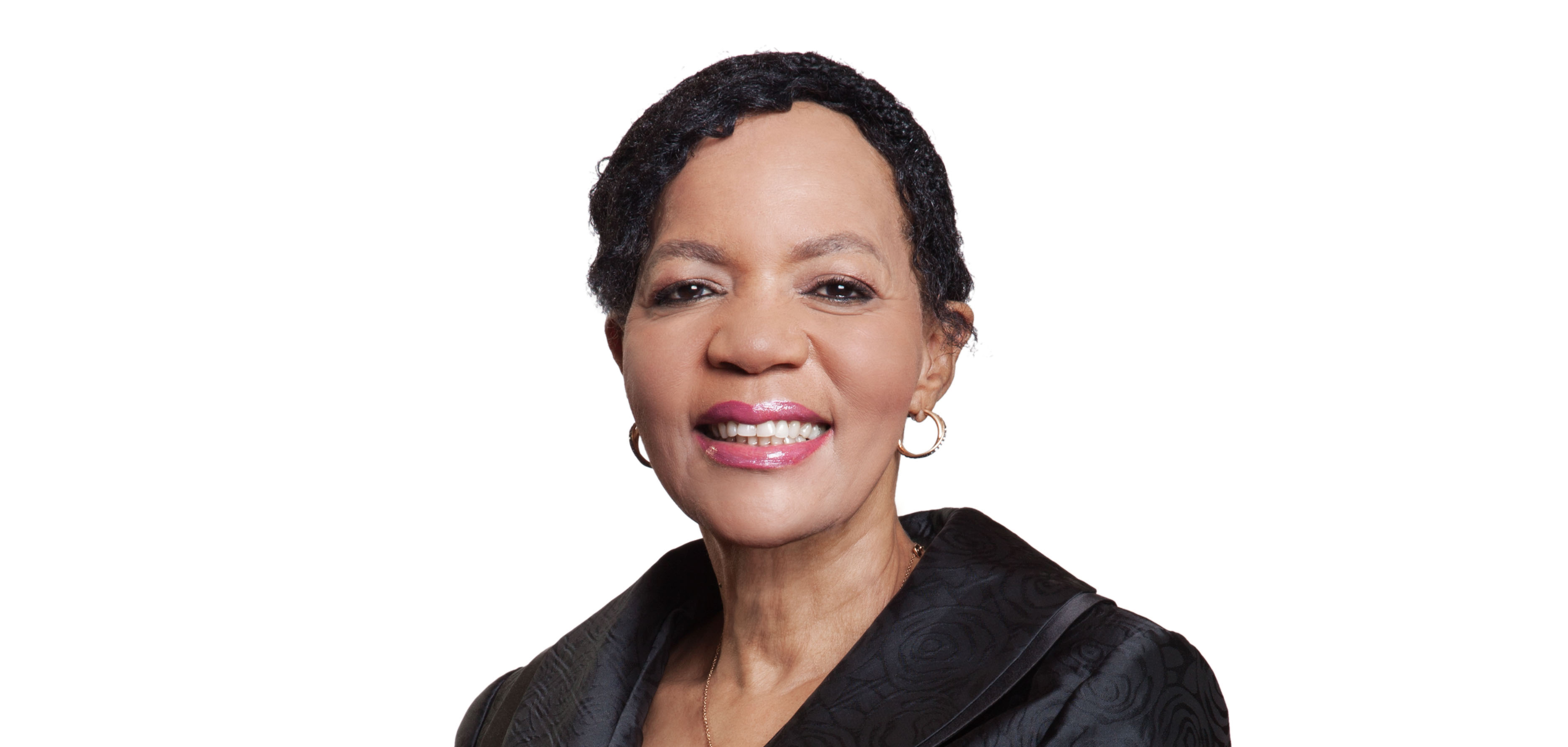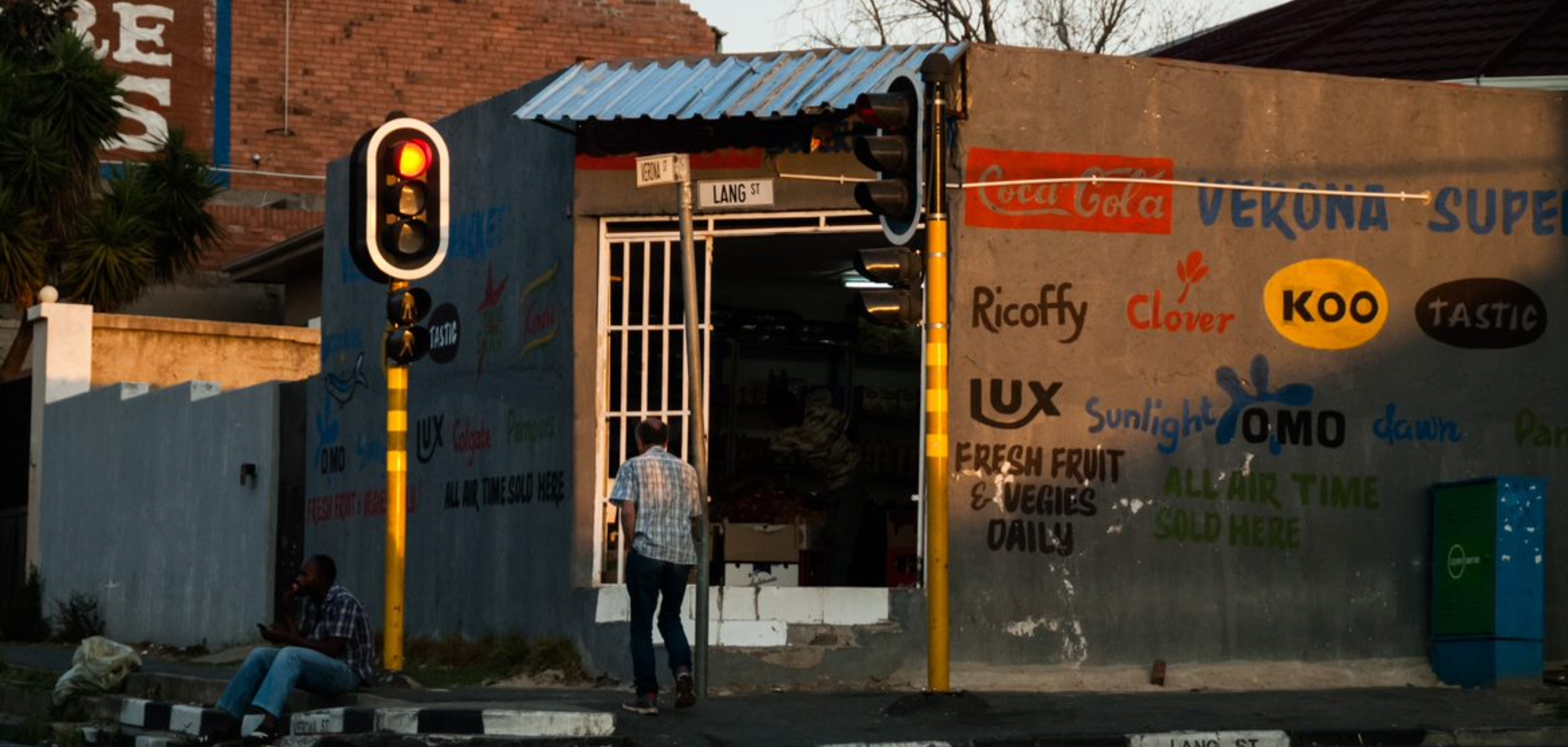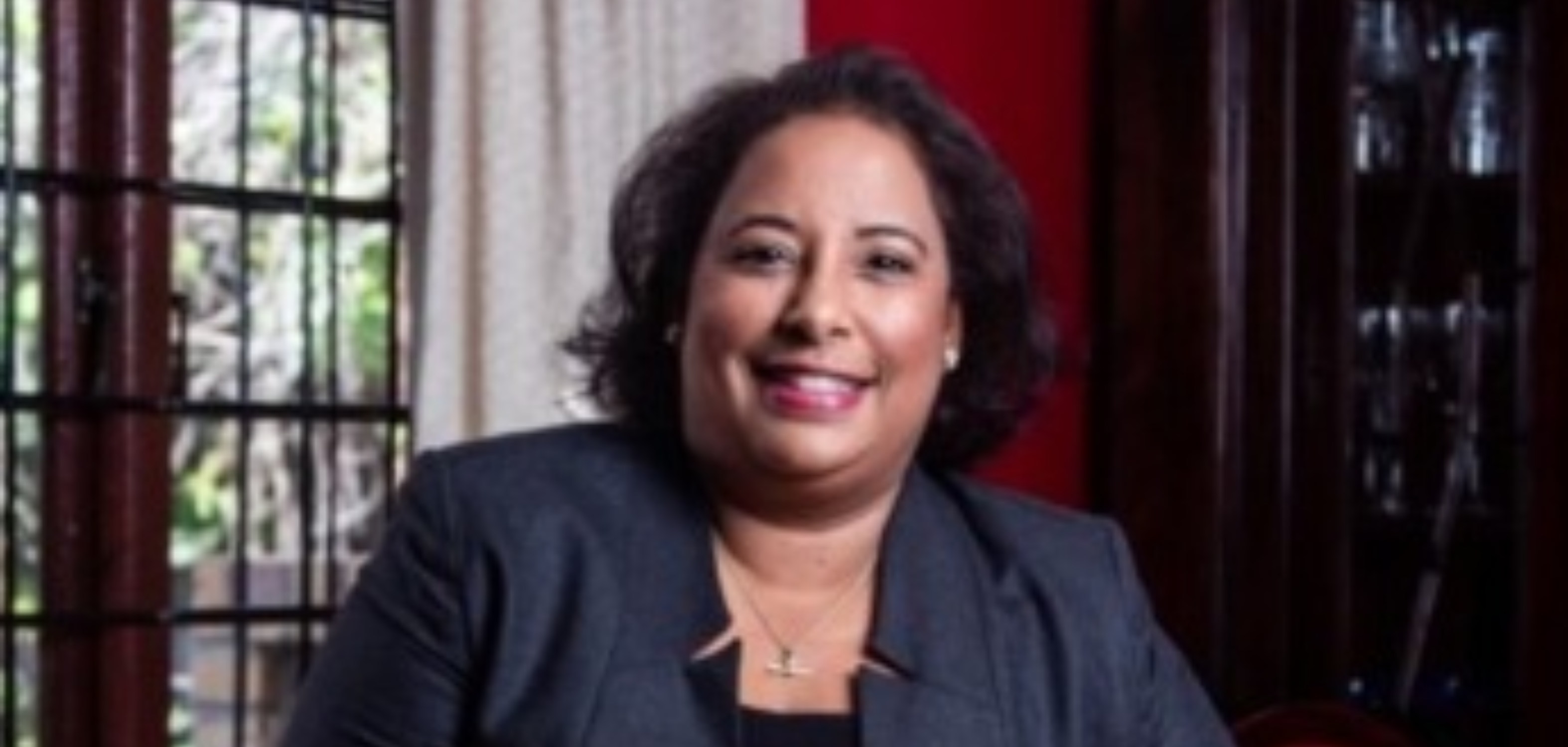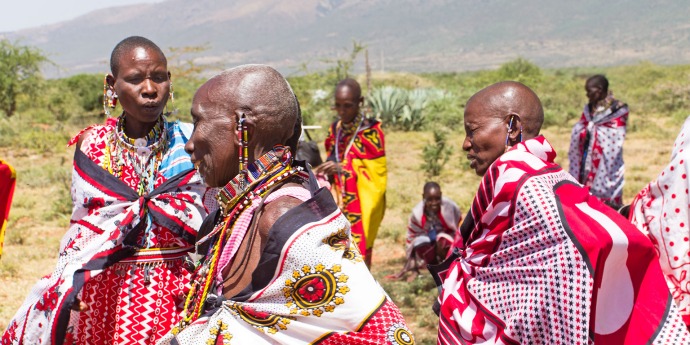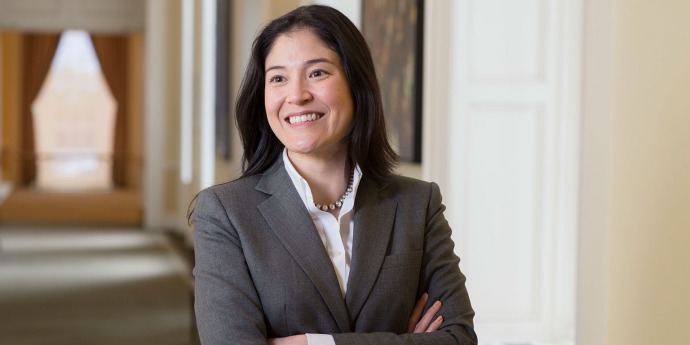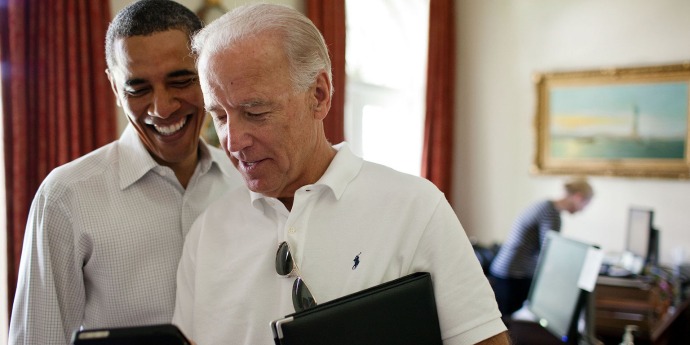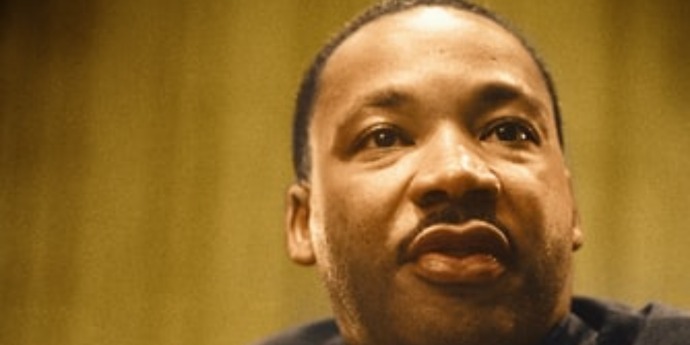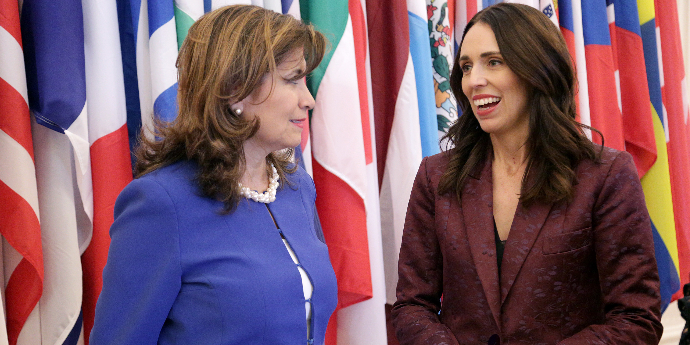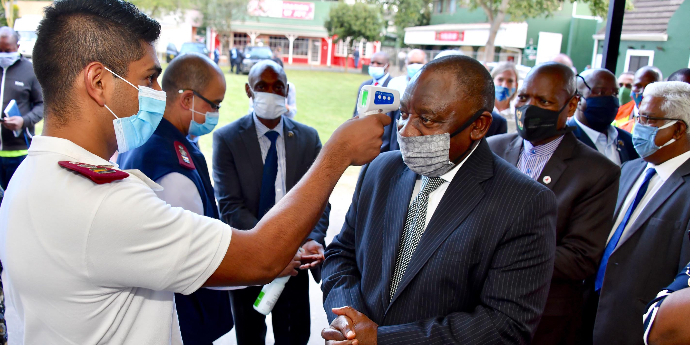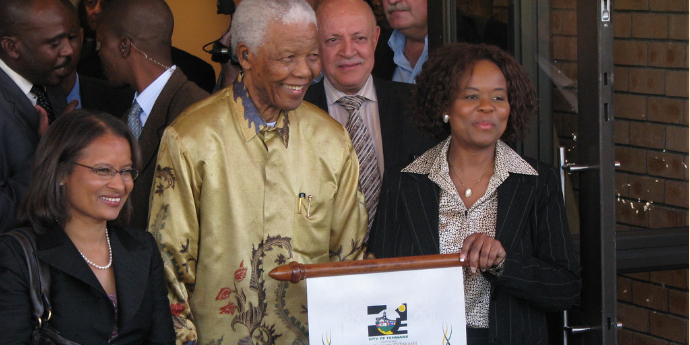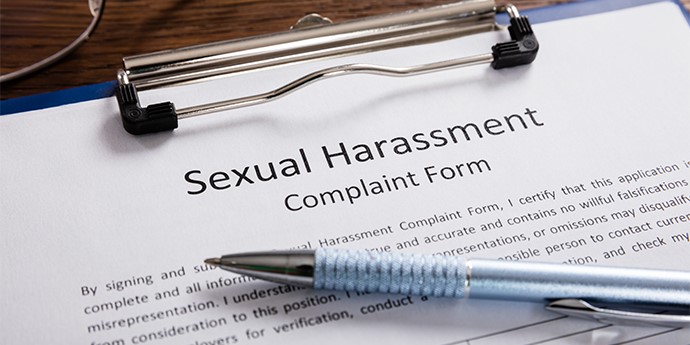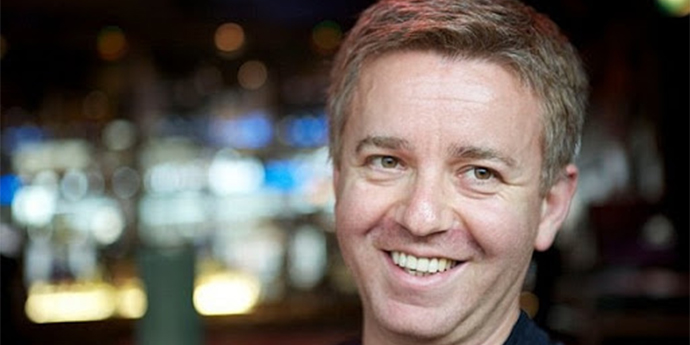YouTube came under fire recently for violating children’s privacy laws, specifically by collecting data from children under the age of 13. Following investigation by the American Federal Trade Commission, YouTube now plans to end its practice of using targeted adverts on videos that children are more likely to watch.
The notion of privacy violation, especially when children are involved, is shocking, and it forces us to examine how — and why — digital marketing works and what role the marketer plays in this.
We live in a very cluttered world online, so digital marketers use a variety of tools to get your attention — click baiting, gamification, targeted adverts, or those that look like messages from a friend, are all ways to drive you to apps or pages and to get you to spend more time there.
It’s becoming increasingly hard for users not to engage. Notifications on our devices are auditory, haptic or visual and we are conditioned to respond. We have become used to, and dependent on, constant interaction with our smartphones — we touch them hundreds of times a day and may become anxious if separated from them. In fact, nomophobia (no-mobile-phone-phobia) is a recognised fear of being without a phone or being unable to use it due to loss of signal or battery power.
Often the most addictive digital experiences are free
Digital addiction is on the rise and is formally recognised and treated as such. In the US adults spend two hours a day on social media and five hours a day on phones; teenagers spend nine hours a day using media devices. The implication of this constant digital interaction is that in the past we would have had to seek out products or services that could be addictive. Now they are available at our fingertips. Our digital interactions are often akratic — we know it’s addictive, but we do it anyway against our better judgement. Worryingly, digital addiction has behavioural and relational consequences. Compulsive over-use of digital interaction is detrimental to the individual as we then forgo human interaction in favour of digital experiences.
And the more we interact digitally, the more likely we are to want to keep doing so. Online products are designed to be habit-forming, cueing repeated behaviours and maximising time spent with the product. Micro-transactions and ease of purchase removes barriers around the decision to pay for something, making it easier to access digital experiences. Often the most addictive digital experiences are free, removing barriers to access, such as games, social media, music and videos. The most valuable thing a consumer can give us as marketers is their attention. Everyone is vying for it, and once they have it the consumer becomes a valuable source of information. The longer you spend online, the more data you generate in terms of user preferences and habits which in turn is used to create more targeted, and more addictive experiences. Essentially, if you are not paying for it — then you are the product.
This is not to suggest that digital marketing itself is evil in some way — it is highly evolved and can create enormous value. It is an essential part of business today — and arguably any business that does not understand how to use digital marketing will be at a competitive disadvantage. All businesses strive to know their customers better and to provide them with products and services targeted to their needs, which is exactly what digital marketing enables — on a scale not imagined before. But in a world where what businesses are selling and how they’re selling it has become blurred, and the fact that growing digital addiction is potentially harmful, business needs to think more carefully about responsibility and ethics here.
In the future, digital experiences may be regulated, in the same way that other addictive products such as alcohol, tobacco and even sugar have been. But until then, we need to look at what marketers themselves can do to act ethically and responsibly.
Digital tools can create lasting value if used responsibly
Responsibility rests on value. Marketers need to use digital channels as a way to provide value, not just as an attention-grabbing opportunity. Digital tools can create lasting value for consumers, and ultimately for society if they are used responsibly. How do you create value? How do you choose content that is useful? How do you design, provide and market a product or service that can alter people’s lives for the better? Answering these questions is a first step to building ethical and sustainable businesses.
Of course, marketing goes beyond how a product reaches the customer. It is embedded in the actual business model, product or service itself. So, businesses need to evaluate what they are selling, not just how they are selling it. Ultimately, if you don’t have anything of real value to sell, then it’s just bad business.
Digital channels can add further value to a sustainable product or service by fostering innovation, driving entrepreneurship and growing the economy. But if your marketing approach is exploiting or harming your customers then you run the risk of eventually destroying the value proposition of your business. Understanding how to walk this line between value and harm and so avoid the trap that YouTube fell into, must become a core part of every marketer’s training and practice going forward.
Mignon Reyneke is an Associate Professor at the UCT Graduate School of Business. She teaches Digital Marketing on the MBA full time and modular programmes. For more information click here.


